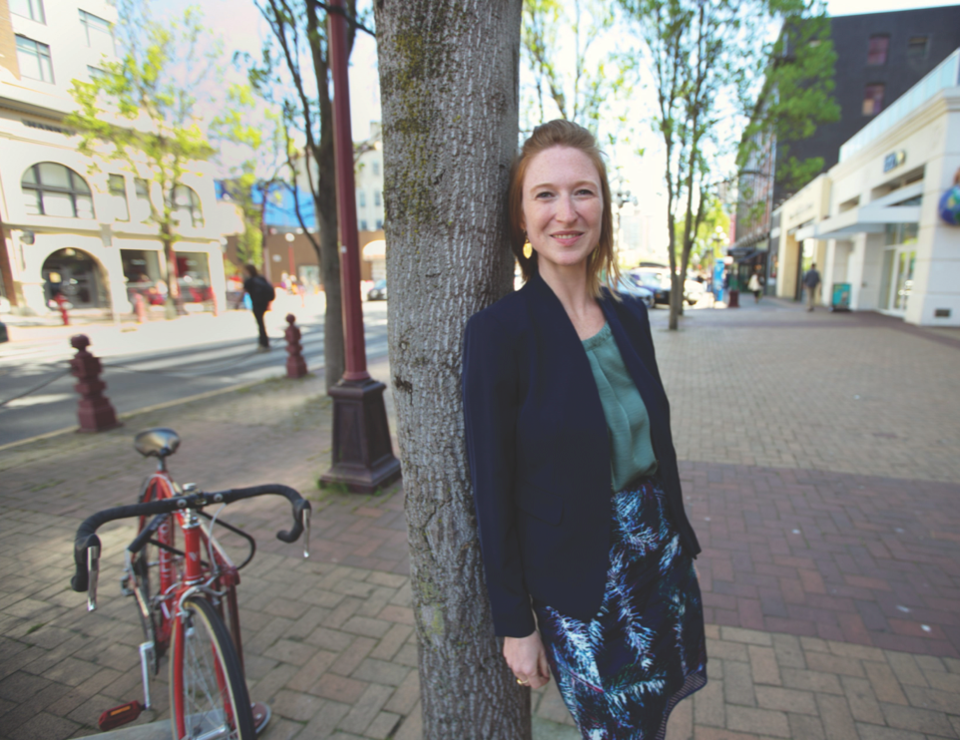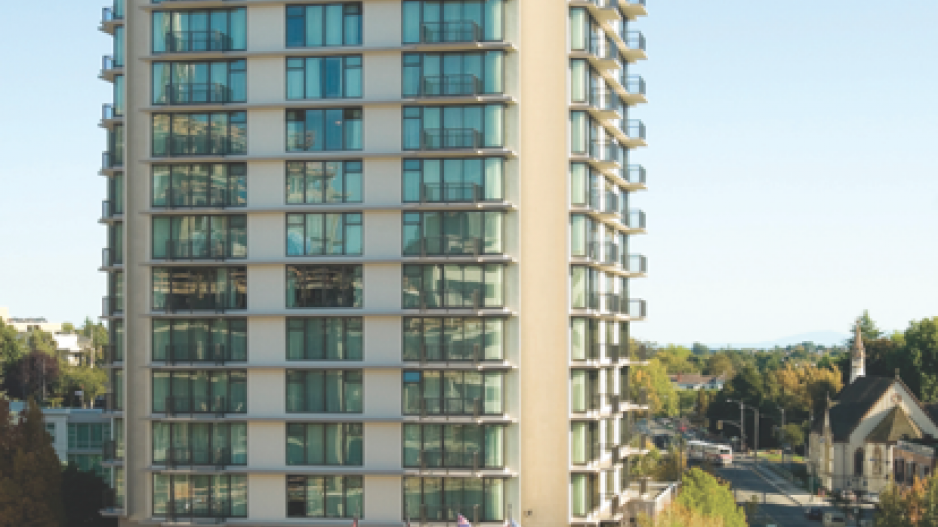With a mild climate and moderate real estate prices, Victoria has traditionally been seen as Canada’s tourism and retirement destination. But the city is undergoing an identity change that promises to have a big impact on the meetings and events industry.
“Because Victoria is the capital, it will always be strong in the association market,” says Paul Nursey, CEO of Tourism Victoria. “But we’re doing more work trying to bring more technology meetings and ocean sciences meetings, because we have a vibrant economy in those areas. And we’re working more with the universities to showcase some of the interesting things they do.”
Nursey says Tourism Victoria contributes 10,000 to 12,000 incremental room nights to the hotel community annually, and working with local hotels through the Victoria Conference Optimization Network is making a huge difference.
“This way we are aligning brands, trade and sales initiatives into one common effort,” he says. “It sounds simple enough but it has never been done before.”
He adds that, although sales and marketing are no longer under the auspices of the city, there is still a strong connection between the two organizations.
“We have a very tight working relationship with the city and we work very efficiently around permits, licences, street closures, etc.,” he says. “And in the past year, Tourism Victoria and the City of Victoria brokered a new deal around the hotel room tax. We realized it was 30 years out of date and we’ve just formalized it.”
Nursey, who previously worked for six years at the Canadian Tourism Commission and joined Tourism Victoria in 2014, has also replaced his entire sales team.
“We’re looking forward to a more modern approach to marketing and sales,” he says. “A private-sector tourism industry means strength in CRM and digital marketing that hasn’t been there before. We are on track to essentially double our definite room business when comparing 2014 to 2016.”
Emilie de Rosenroll, the South Island Prosperity Project’s (SIPP) first executive director, is also positive that the new programs will contribute to development in the meetings sector.
“We will work with existing businesses to help them grow and work with companies and investors from outside the region that may want to relocate here,” she says. “All of our activities will increase demand for meeting and conference spaces. Next year, for example, we are exploring a partnership with Tourism Victoria and Capital Investment Network to host an investor conference that should draw 300 to 400 delegates.”
An average delegate spend is estimated at $450 per day.

Emilie de Rosenroll, executive director, South Island Prosperity Project: “all of our activities will increase demand for meeting and conference spaces” | Darren Stone/Times Colonist
While tourism and technology are two industries that have helped draw meetings to Victoria, SIPP will also focus on shipbuilding and repair, aerospace, agriculture, ocean sciences and other marine industries.
Meanwhile, as new programs get underway, major hotel renovations are just completing. A $30-million-plus interior renovation at the Fairmont Empress as well as major interior and exterior upgrades at the Hotel Grand Pacific are due to be completed by winter 2017.
The Executive House, across the street from the Victoria Conference Centre, is also undergoing major renovations and will reopen as a DoubleTree by Hilton.
Nursey believes that besides the hotel improvements, Victoria’s numerous features combine to be a great draw for the conference sector.
“The city is an interesting and stimulating place to go, both physically as a destination and intellectually due to the educational institutions and the strong entrepreneurial sector, and that’s attractive to a meeting planner.”
Several forces have converged to make B.C.’s capital more attractive to conferences, Nursey explains. These include: $100 million in renovations being undertaken at major hotels in the city; sales and marketing of the Victoria Conference Centre transitioning as of January 2017 from the City of Victoria to Tourism Victoria; creation of the Victoria Conference Optimization Network to build a common brand and sales plan with the seven major conference hotels and the conference centre; and the launch of Let’s Bring It, a new marketing program focused on drawing associations and academic conferences.




